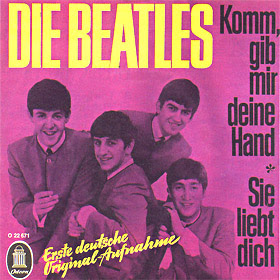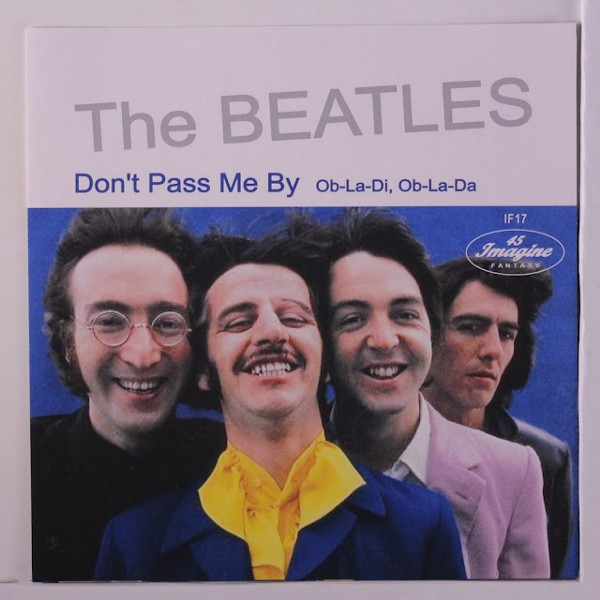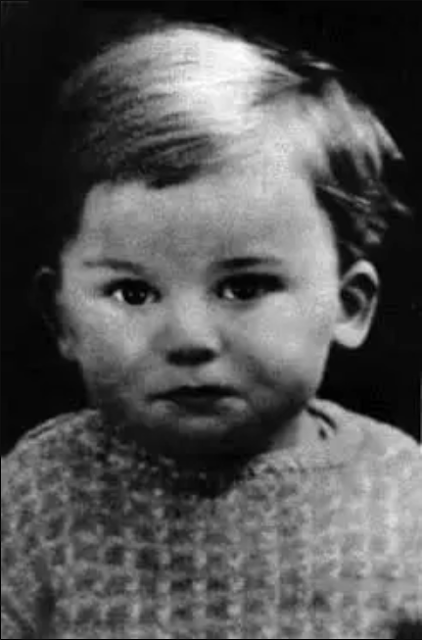Did the Beatles record songs in foreign languages?
The Beatles recorded four songs in German, though only two were officially released.
These aside apart, foreign languages only appear on their records as short phrase quotations (as in Besame Mucho, Michelle, Across the Universe and Here Comes the Sun King.
Did they enjoy singing in foreign languages?
None of The Beatles were keen linguists. Though they did learn a very basic, functional German while in Hamburg, they were resolutely English in their approach to pronunciation, intonation and attempting to mimic accent.
Paul's approach to Besame Mucho is typical. He undercuts the sentiment of the original Spanish by galloping through the vocal and generally hamming it up. Those awful 'cha cha booms' confirm the playfully mocking comic parody:y
Recordings
The two songs The Beatles officially released in German were “She loves you - Sie liebt dich” and “I want to hold your hand - Komm gib mir deine Hand”. These were both recorded at the Pathé Marconi Studios in Paris in January1964. They would be the last Beatles recording made outside London.
The Paris sessions were strictly driven by commercial considerations. EMI's German division lobbying for a version tailored to their national market. This consisted of the original backing track and a vocal in German. The translation was hastily completed by Radio Luxemburg programme director Camillo Felgen.
Felgen was also the vocal coach at the session - giving line line by line phonetic instructions. Though they recognised words and phrases, The Beatles did not understand what they were singing.
Why were there no subsequent foreign language versions?
The Beatles hated doing the German versions but the received wisdom was singing in the language of the potential market was the key to sustained success. This was seen as particularly important in Germany and France.
Until 1963 their ambitions were firmly focused on the UK singles chart. The advent of Beatlemania in the late summer dramatically widened these horizons, allowing them to bypass the international cabaret circuit. From then on they would only use foreign languages for creative purposes.


